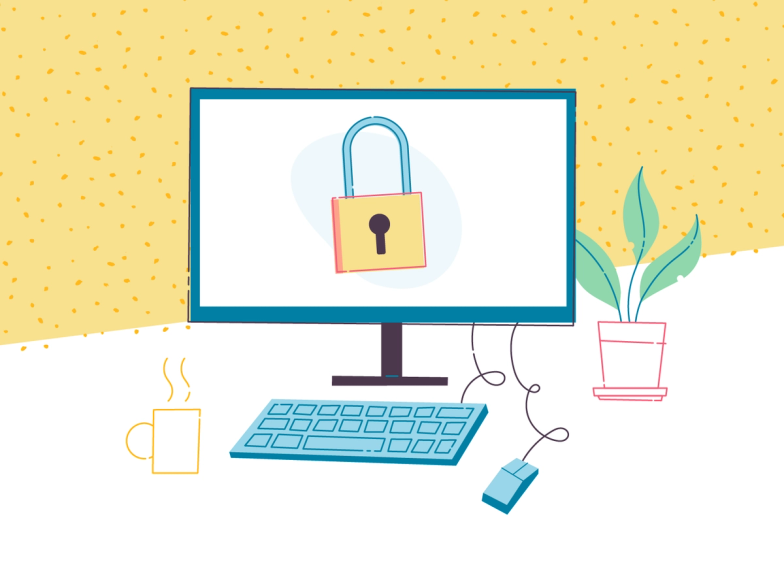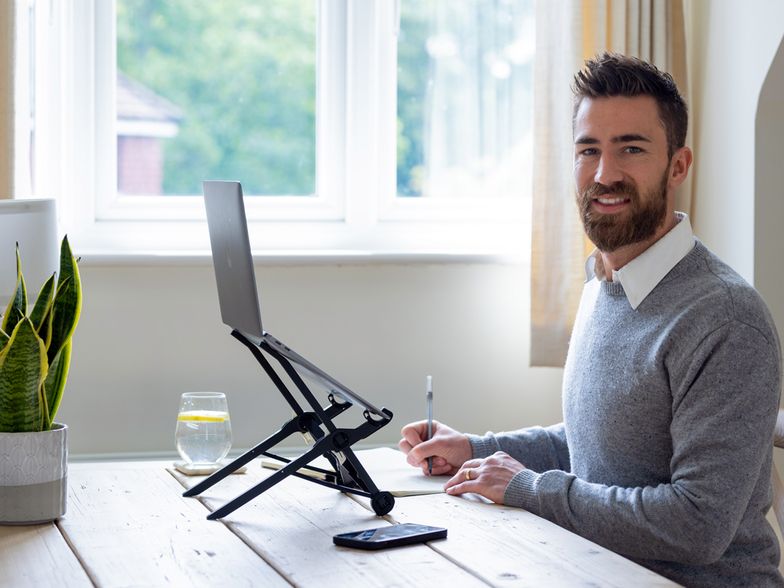We all got a crash course in telehealth a few years ago, but the jury was always out on whether it would stick around when it was no longer strictly necessary. It’s a polarising topic—some people love seeing patients remotely, others couldn’t get back to in-person appointments fast enough! Obviously, this varies a lot across professions—if the care that you give requires physical contact, then face to face is clearly your only option.
It’s also true that telehealth is a different kind of care to in-person. It’s therefore worth giving some thought as to how you can adapt your treatments to set your patients up for successful outcomes with telehealth (which might require some patient education).
That being said, in circumstances where telehealth is possible, giving your patients the choice to use it comes with some benefits for both them and you.
1. More convenient for your patients
This one almost goes without saying! Telehealth can drastically reduce how much an appointment eats into a patient’s busy day. Not having to factor in the extra time to travel to and from your practice automatically makes things so much easier for many people. The vast majority of people now have a smartphone that’s capable of joining a video call, which means it can be done from anywhere. If a patient can even attend their appointment from the comfort of their own home (or wherever they happen to be), they’re more likely to be able to integrate it with their other commitments like work or child-minding.
The world has changed to the point where many (if not most) things can now be done remotely—work, study, banking, grocery shopping etc.—and people have become more habituated to this over the years. In this sense, offering telehealth as an option also keeps you up to date with a trend that isn’t going away anytime soon!
2. More accessible for neurodiverse, rural, and disabled patients
The World Economic Forum contends that telehealth is an essential part of making healthcare more accessible for neurodiverse folks. Telehealth also provides more accessibility for those with disabilities and their caregivers.
On a practical level (as we mentioned above), virtual appointments minimise the need to travel, which might be particularly challenging and stressful when someone is neurodiverse, not able-bodied, or based in an isolated location. Being able to see a healthcare provider online also means less time spent in public spaces like waiting rooms, which may not always feel inclusive.
There are also broader advantages to telehealth, as it may help patients receive timely care and prevent getting caught in a bottleneck—if a patient can seek treatment from anywhere, they may avoid getting stuck on a long waiting list at a practice that’s local. It also gives patients more options to choose a clinic or practitioner that works for them, rather than simply going somewhere that’s conveniently located.
3. Good for clinic growth
Incorporating telehealth—along with online bookings— into your practice means that distance is no longer a barrier to growing your clinic or preventing new patients from being able to access treatment. Think about it: if you’re not constrained by geography, how many more growth possibilities does it open for your practice? How many new locations, time zones, and patient bases can you offer care to? You could see patients from another state or another country—the options are endless!
4. Employ staff from anywhere
When you’ve got a global marketplace at your fingertips, why not give yourself the option to employ clinic staff who work from a different location to you? If your practice uses telehealth, you can easily employ a practitioner who lives somewhere else in the world. Using telehealth also enables you to give your team more flexibility, even when they’re based locally.
We’re big fans of remote work and flexible hiring at Cliniko! We believe in recruiting the best person for the job, no matter where they’re located (and the upshot of this is that our team is spread out all over the world). As a software company, this is easy for us to implement in our business but, with tools like telehealth, it’s equally possible for an allied health practice to incorporate similar policies.
5. Potentially fewer cancellations
This one hasn’t yet been proven to apply across allied health professions. Nonetheless, some interesting research has suggested that telehealth can result in fewer cancellations in some circumstances. For example, the authors of this study state that “telemedicine is strongly associated with fewer missed appointments”—a claim that is supported by numerous other papers. Similarly, various mental health providers report that far fewer patients cancelled appointments when they switched their practice to telehealth.
However, most research in this area draws on data from 2020 (the height of the pandemic and a time where people were often less likely to leave the house). This means there could be a variety of other factors contributing to the lower cancellation rates associated with telehealth—including public orders to stay at home, widespread self-isolation, and an increased demand for care at a difficult time. In other words, this research isn’t definitive.
But it’s worth keeping these findings in mind as further research is taken that draws on newer data and targets allied health. If offering telehealth can reduce your cancellations even by a small amount, then it will be saving you both time and money and might be valuable to consider.
You could also offer telehealth as a backup option if someone can’t make an in-person appointment anymore at the last minute because they’re sick (or can’t travel for any reason). That way, you can avoid an outright cancellation and your patient still gets to see you, without risking everyone else they encounter in your practice getting sick too.
Choosing a telehealth platform
If you don’t already have a preferred telehealth platform, it’s a wise idea to do some research into security when you’re looking at your options. Security and privacy are two things we’re passionate about at Cliniko and we developed our telehealth platform from scratch with these requirements foremost in mind. But, regardless of what platform you’re considering, make sure you’re asking the right questions before you sign up for anything!



